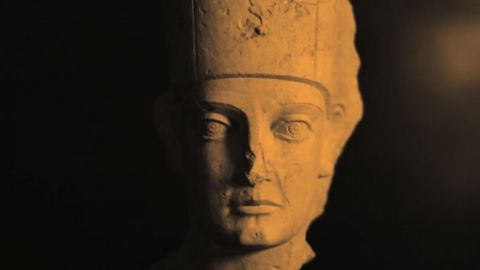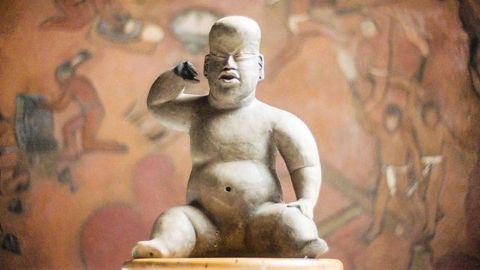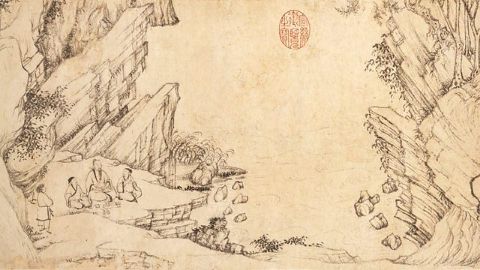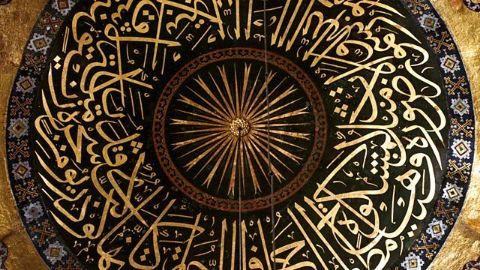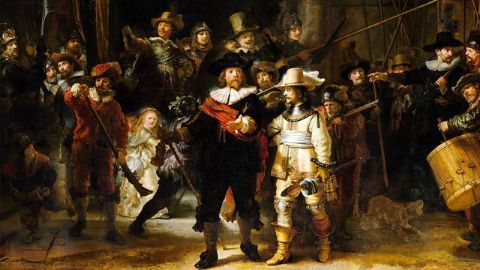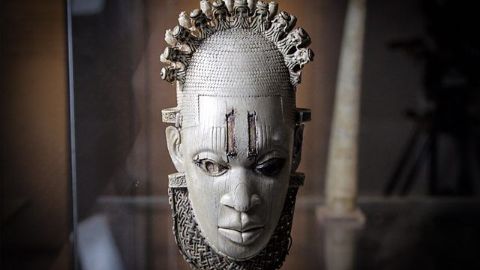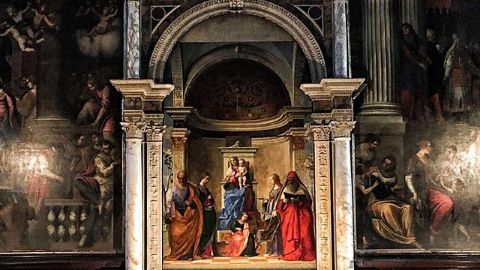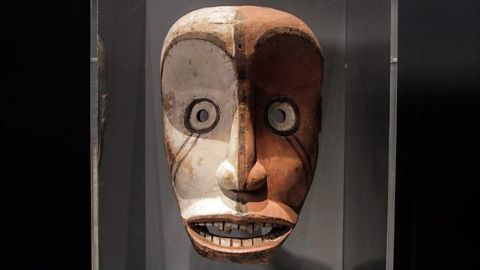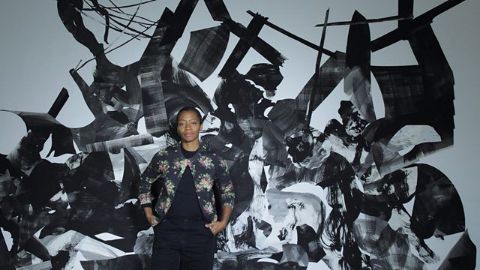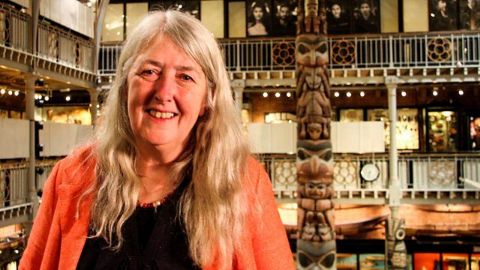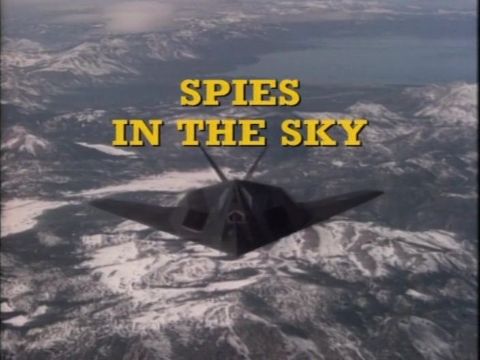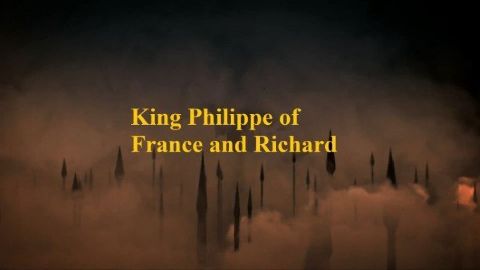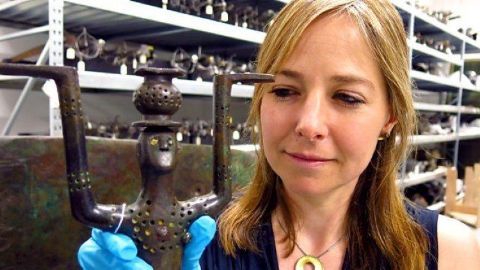Civilisations • 2018 • 10 episodes •
A look at the formative role art and imagination have played in the forging of humanity.
2018 • History
In this episode of Civilisations, Professor Mary Beard explores images of the human body in ancient art, from Mexico and Greece to Egypt and China.
2018 • History
Simon Schama explores one of our deepest artistic urges - the depiction of nature. Simon discovers that landscape painting is seldom a straightforward description of observed nature - rather it is a projection of dreams and idylls, as well as of escapes and refuges from human turmoil, the elusive paradise on earth.
2018 • History
Professor Mary Beard broaches the controversial, sometimes dangerous, topic of religion and art. For millennia, art has inspired religion as much as religion has inspired art.
2018 • History
Think Renaissance and you think of Italy. But in the 15th and 16th centuries, the great Islamic empires experienced their own extraordinary cultural flowering.
2018 • History
In the 15th and 16th centuries distant and disparate cultures met, often for the first time. These encounters provoked wonder, awe, bafflement and fear.
2018 • History
If David Olusoga's first film in Civilisations is about the art that followed and reflected early encounters between different cultures, his second explores the artistic reaction to imperialism in the 19th century. David shows the growing ambivalence with which artists reacted to the idea of progress, both intellectual and scientific, that underpinned the imperial mission and followed the Enlightenment and the Industrial Revolution.
2018 • History
Simon Schama begins Civilisations with this premise: that it is in art - the play of the creative imagination - that humanity expresses its most essential self: the power to break the tyranny of the humdrum, the grind of everyday.
2018 • History
From Roman marbles and Egyptian mummies to Renaissance masterpieces and African sculptures, in this special accompanying programme to Civilisations, Mary Beard goes in search of extraordinary works of art from all over the world that can be seen here in Britain.
2018 • History
